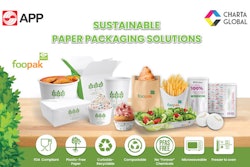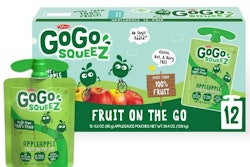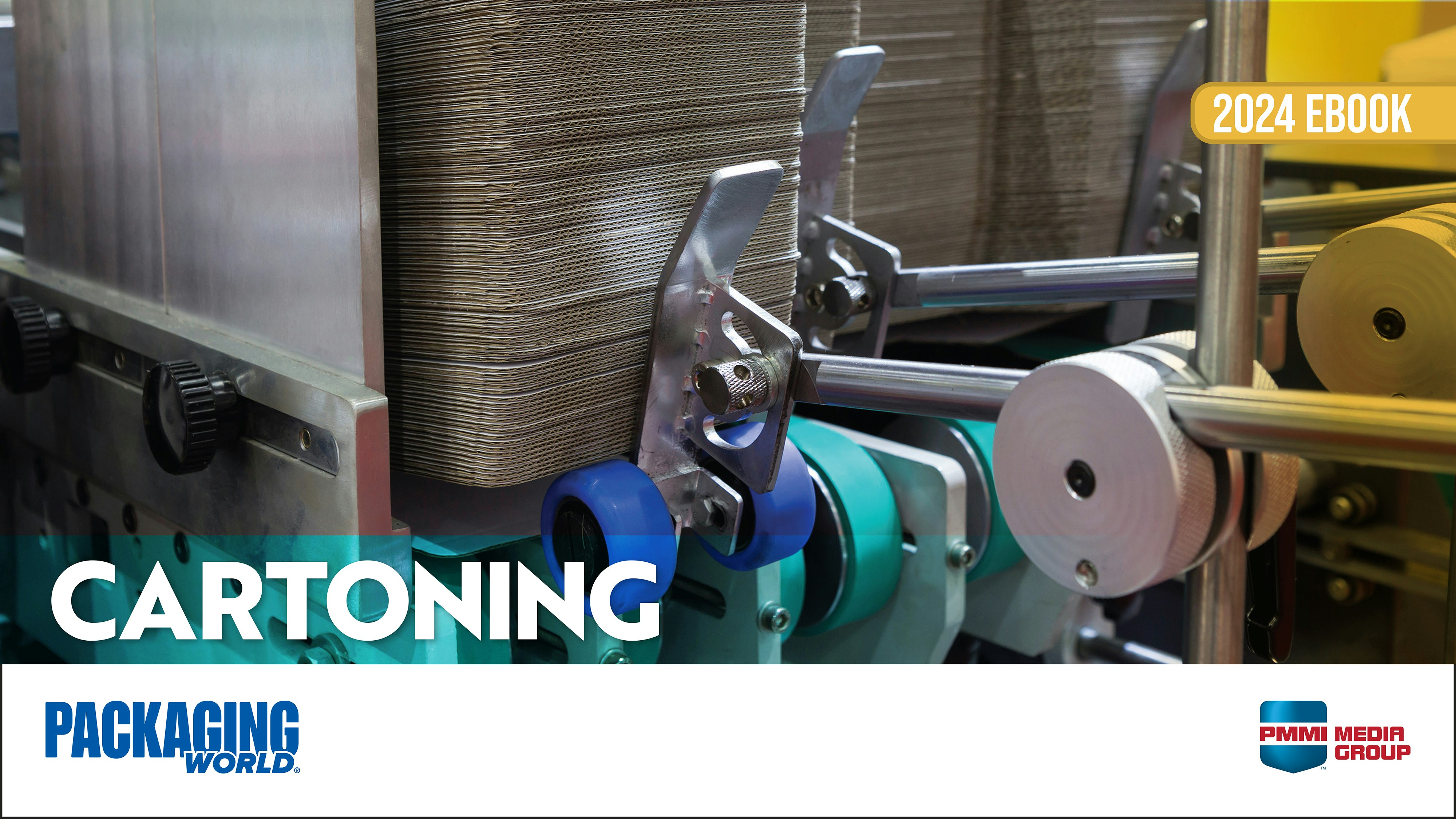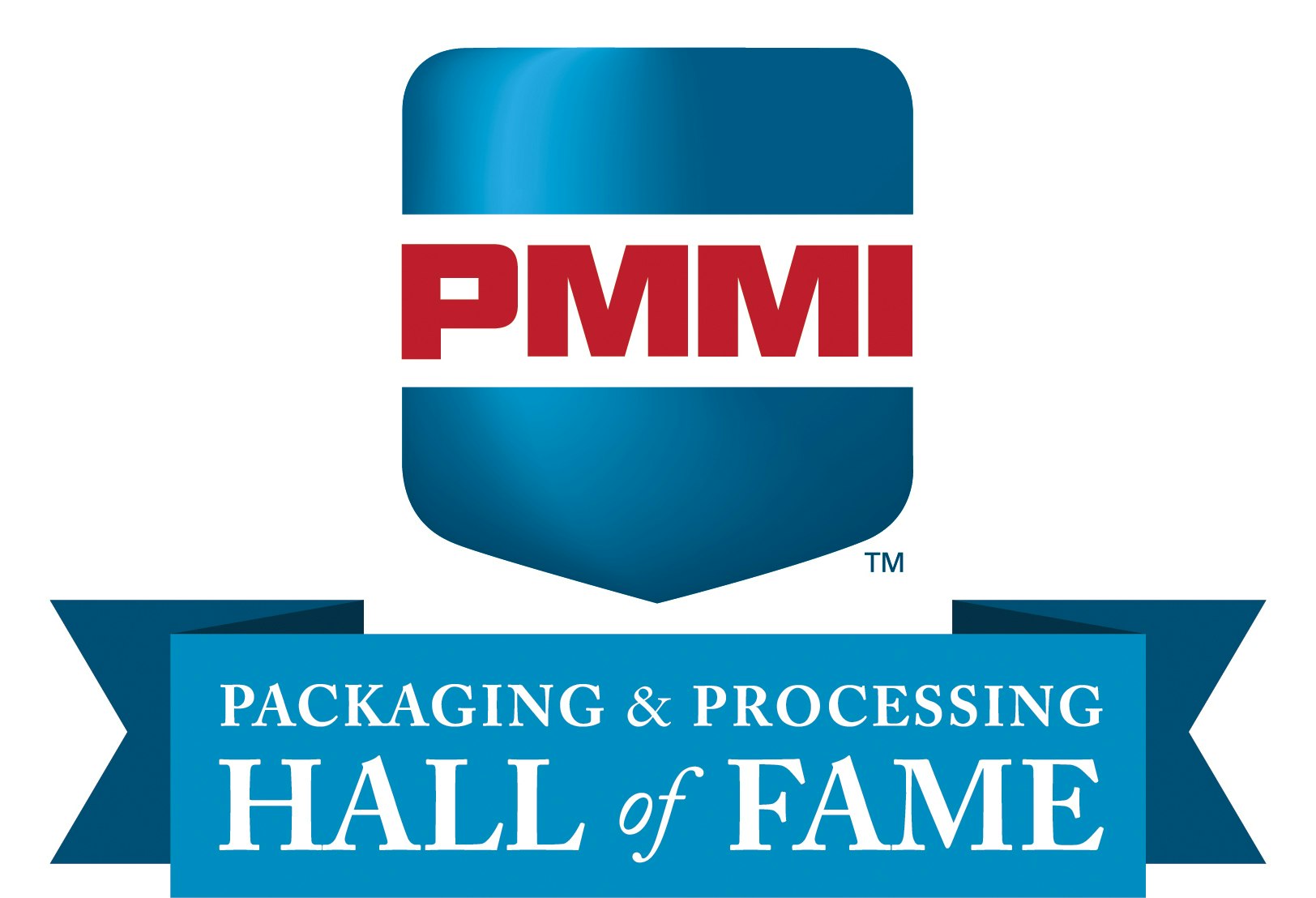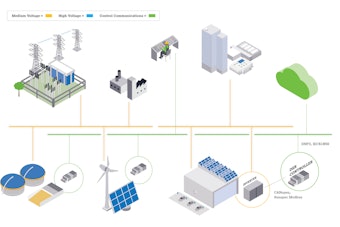
Circular Innovation Council (CIC), a Canadian national not-for-profit organization, has launched what it calls a first-of-its-kind, reuse initiative to help the country transition to a circular economy by addressing single-use plastic waste. The initiative comprises a pilot program in collaboration with Canadian grocery retailers Metro, Sobeys, and Walmart Canada.
The grocery chains co-funded the pilot with support from Environment and Climate Change Canada, making it the largest collaborative reuse initiative in the country. Metro, Sobeys, and Walmart Canada are helping CIC design the reuse system, according to Jo-Anne St. Godard, executive director of CIC.
“Reuse is a critical pathway to transitioning Canada to a circular economy and to eliminating single-use plastics,” says St. Godard. “The cooperation and collaboration between our participating grocery retailers and the Government of Canada is truly unique and demonstrates their commitment to addressing the plastic waste crisis. Canadians have voiced their environmental and cost concerns around the plastic crisis and are wanting innovative solutions.”
The package design consists of a reusable food container that is planned for launch in Ottawa later this year. The goals set in place for the program are to create and demonstrate a reuse system that is scalable, convenient for consumers, and permanent.
Learnings from the pilot will be used to scale the program and develop further collaborative reuse models throughout Canada.
“We anticipate that other local retailers and other food sector establishments that are situated in our pilot test areas [will] participate at launch in April,” says St. Godard.
 | Three Sustainability Trends in the Cosmetics & Personal Care Space |
Consumer-driven design
As part of the Ottawa pilot program, consumers will have the opportunity to purchase selected food products in reusable containers at no additional cost. The containers will be found not only at participating grocery retailers but also other foodservice locations within the pilot area.
Testing is underway on a suite of containers to help grocers and other participants decide what food products to pack in the reusable containers. Ultimately, that decision, along with container type and size, will be up to each participating location. This approach is inclusive to the wide scope of food sector types. Participating establishments may brand their products through stick-on labeling and/or sleeves.
“A key design element of the pilot is to demonstrate that containers can be shared amongst a wide variety of foodservice establishments,” says St. Godard.
This approach demands greater collaboration among the grocery retailers and other participants to ensure proper sanitation and food safety requirements are met. This collaboration also extends into transportation and logistics coordination.
A variety of return options will be available to consumers, including neighborhood drop-off locations. Technology service partner Reusables.com will ease this process by providing the smart return bins as well as container tracking through washing and distribution.
Though a deposit will not be charged at point of sale, consumers will be charged if they don’t return the container after a pre-determined period of time, according to St. Godard. However, she reassures that consumers will be reimbursed when the container has been returned.
Considerations during rollout
CIC has pinpointed key areas to take into consideration during and after the pilot launch. Among them is ensuring the standardized containers chosen between grocers and retailers will also extend seamlessly into restaurant usage and other food sectors.
Transportation for the containers is another consideration. An efficient routing system will need to provide proper service that ensures optimized circulation. Availability of containers is also a key concern that will need to be addressed as the pilot progresses.
CIC intends to collect data and provide reports on the amount of single-use plastic containers avoided through the program. The non-profit will also report on the reduction in waste and carbon emissions associated with the reduced production and transportation of single-use containers.
 | Active, Intelligent, Connected, & Otherwise 'Smart' Packaging Hits its Stride |



